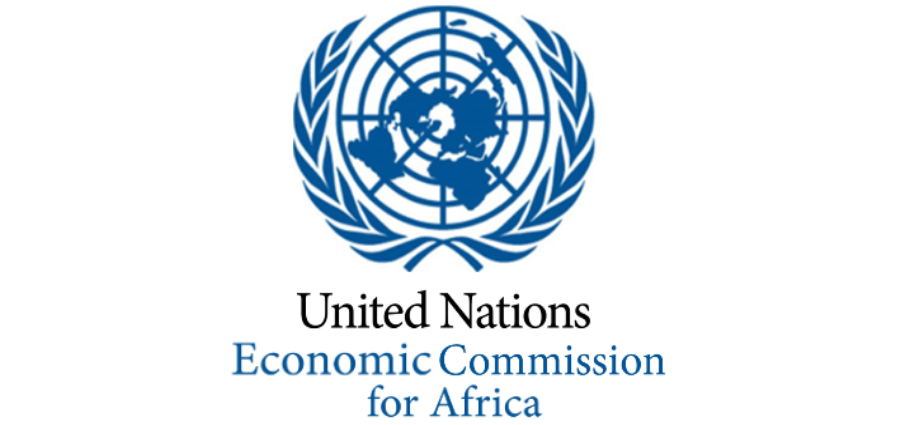To successfully realize the African transformation agenda, governments will have to capitalize on the potential of Africa’s youth.
United Nations Economic Commission for Africa (UNECA)
Acronym:
UNECA
Type of Organization:
International Organizations

Established by the Economic and Social Council (ECOSOC) of the United Nations (UN) in 1958 as one of the UN's five regional commissions, ECA's mandate is to promote the economic and social development of its member States, foster intra-regional integration, and promote international cooperation for Africa's development. Made up of 54 member States, and playing a dual role as a regional arm of the UN and as a key component of the African institutional landscape, ECA is well positioned to make unique contributions to address the Continent’s development challenges.
ECA’s mission, objective and strategic directions
Is to deliver ideas and actions for an empowered and transformed Africa; informed by the 2030 Agenda and Agenda 2063. The mission is guided by ECA’s five new strategic directions which are:
(a) Advancing ECA’s position as a premier knowledge institution that builds on its unique position and privilege to bring global solutions to the continent’s problems and take local solution to the continent;
(b) Developing macroeconomic and structural policy options to accelerate economic diversification and job creation;
(c) Designing and implementing innovative financing models for infrastructure, and for human, physical and social assets for a transforming Africa;
(d) Contributing solutions to regional and transboundary challenges, with a focus on peace security and social inclusion as an important development nexus;
(e) Advocating Africa’s position at the global level and developing regional responses as a contribution to global governance issues.
Areas of activity:
development
Focus of Capacity Development:
Organizational
Institutional
Resources from this Organisation
Publication year
2014
Author(s):
United Nations Economic Commission for Africa (UNECA)
Link to web resource
